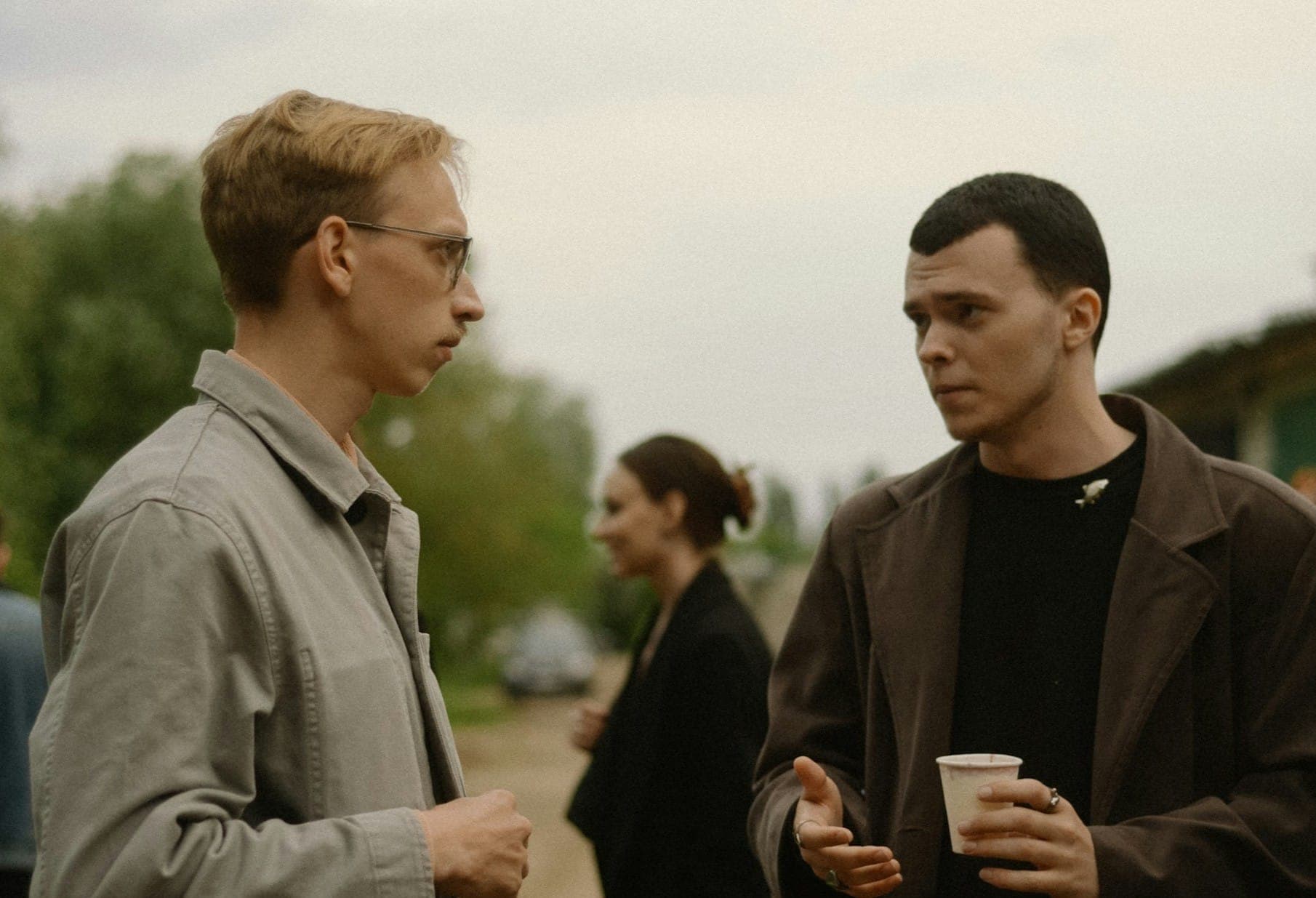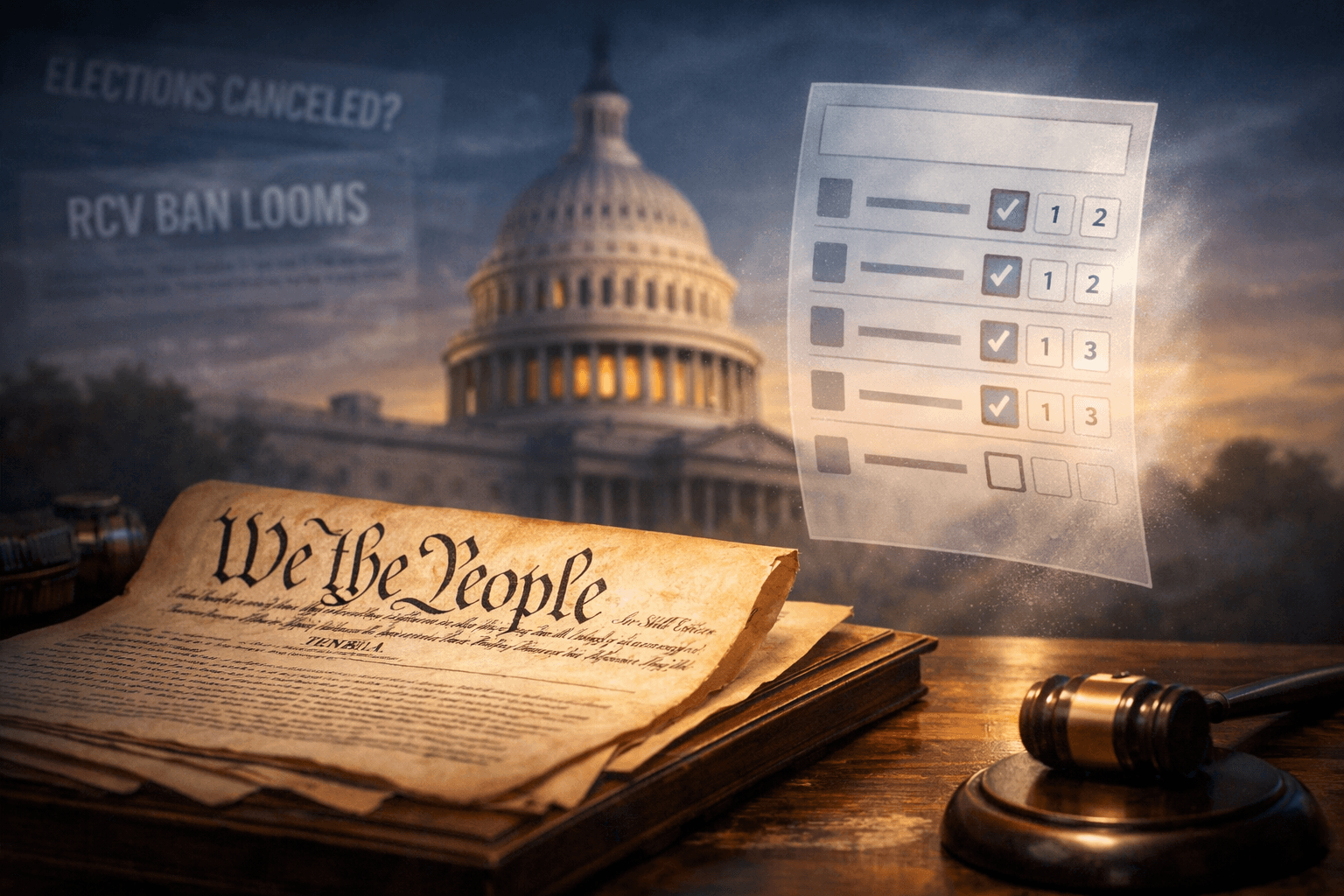A Small-Town Reminder of What Democracy Can Still Be

In an age when democracy feels more like a battleground than a meeting of minds, something remarkable happened in my small New England town, Manchester-by-the-Sea.
Several times a year, residents here gather for town meetings — a practice that dates back to colonial America. At these meetings, citizens vote on budgets, zoning laws, and local regulations. It’s a form of direct democracy that many might see as quaint or bureaucratic. I used to think so myself. But our most recent gathering challenged that view — and offered a glimpse of democratic hope in action.
On a cold evening this winter, an overflow crowd of hundreds of us (the largest ever) filled the town gym to vote on a controversial zoning bylaw. The issue was complex: a state requirement to increase housing density near transit hubs, including provisions for affordable housing. The stakes were high, the topic thorny, and yet the debate was civil, thorough, and deeply engaged.
As an architect who helped develop design standards related to the proposed changes, I expected chaos. Instead, I was moved by the level of curiosity in the room. Yes, there were strong opinions. But they were paired with a willingness to ask hard questions and wrestle with real data. The conversation wasn’t perfect, but it was genuine.
This wasn’t democracy as spectacle. This was democracy as deliberate, difficult, and deeply human work.
Watching the process unfold — a clear presentation by the planning board and steady moderation guided by Robert’s Rules of Order structure — I felt something rare: trust and hope. Not just in the process, but in the people. Neighbors who disagreed on how to vote came together to learn, listen, and vote.
The Bigger Picture
This hopeful moment unfolded against a national backdrop that couldn’t feel more different. We live in an era where truth is regularly contested, and facts are often drowned out by outrage. A widely cited 2018 study found that false information spreads online six times faster than the truth. Social media has become a megaphone for misinformation, accelerating public distrust and deepening political divides.
Compounding this is the erosion of local journalism, a cornerstone of democratic accountability. Since 2005, more than 2,500 newspapers across the United States have closed, as documented by the University of North Carolina’s Hussman School of Journalism and Media in The Expanding News Desert. That trend has only worsened — Northwestern University’s Medill School of Journalism reported that over 360 local newspapers shut down between late 2019 and mid-2022.
These losses create “news deserts,” where communities are left without reliable local reporting and are more vulnerable to disinformation.
A Way Forward
So, what can be done?
While sweeping reforms in media and political discourse are clearly needed, there’s also power in smaller, local shifts — in how we talk to one another, how we show up, and how we solve problems together.
Interestingly, an instructive model for this kind of shift comes from Sweden. Back in the 1990s, I had the opportunity to study an innovative national program called The Natural Step. Created by Dr. Karl-Henrik Robèrt, the initiative offered a science-based framework for sustainable development — one that sidestepped political posturing by focusing first on common ground. Instead of diving headfirst into divisive debates, the program began by asking all stakeholders: What can we agree on?
That deceptively simple question led to extraordinary results. The program gained national traction, even receiving public backing from King Carl Gustaf XVI. Major companies adopted its principles — not as a PR stunt, but as a strategic advantage. IKEA reengineered its supply chain and product designs to reduce waste and boost sustainability. Electrolux overhauled its entire product line around shared environmental goals. Even McDonald’s in Sweden embraced the framework, dramatically reducing its environmental impact while still turning a profit.
There’s a lesson here for our democracy. Just as The Natural Step succeeded by anchoring policy in shared understanding, we too can start by agreeing on a few fundamental values: that facts matter, that expertise is essential in complex systems, and that a free and trustworthy press is the lifeblood of a functioning democracy.
These aren’t partisan ideas. They’re foundational ones.
If we can reorient our civic conversations — locally and nationally — around shared values rather than entrenched positions, we may just reclaim the kind of meaningful, constructive dialogue that our democratic system was designed to support.
Built to Self-Correct
Our town meeting reminded me that democracy, like science and economics, is built to self-correct — when we let it. The scientific method evolves through peer review and reproducibility. Markets adjust through supply and demand, encouraging innovation and correcting imbalances over time.
And democracy? It depends on the constitutional checks and balances of the three branches of government, engaged citizens willing to vote and protest, and a reliance on — and trust in — expertise and science. These mechanisms don’t guarantee perfection, but they give society a way to evolve, course-correct, and improve.
That night in the gym, we didn’t solve every problem. But we did something that feels increasingly rare: we governed ourselves with mutual respect and hard-won clarity. It wasn’t perfect. But it was enough to renew my belief that democracy, when practiced with awareness and courage, still works.
About the Author
Chuck Wisner has spent thirty years as a trusted advisor, coach, and teacher in communication, human dynamics, and leadership excellence. He has worked with leaders and their teams in Fortune 200 companies. He also trained in mediation and worked as a senior mediator affiliated with the Harvard Mediation Program at the Harvard Law School, and later, associated with MIT’s Center for Organizational Learning. His book, The Art of Conscious Conversations – Transforming How We Talk, Listen, and Interact (BK Publishers, Oct. 22, 2022), explores how to heighten our awareness and become more conscious in our conversations. Learn more chuckwisner.com.






